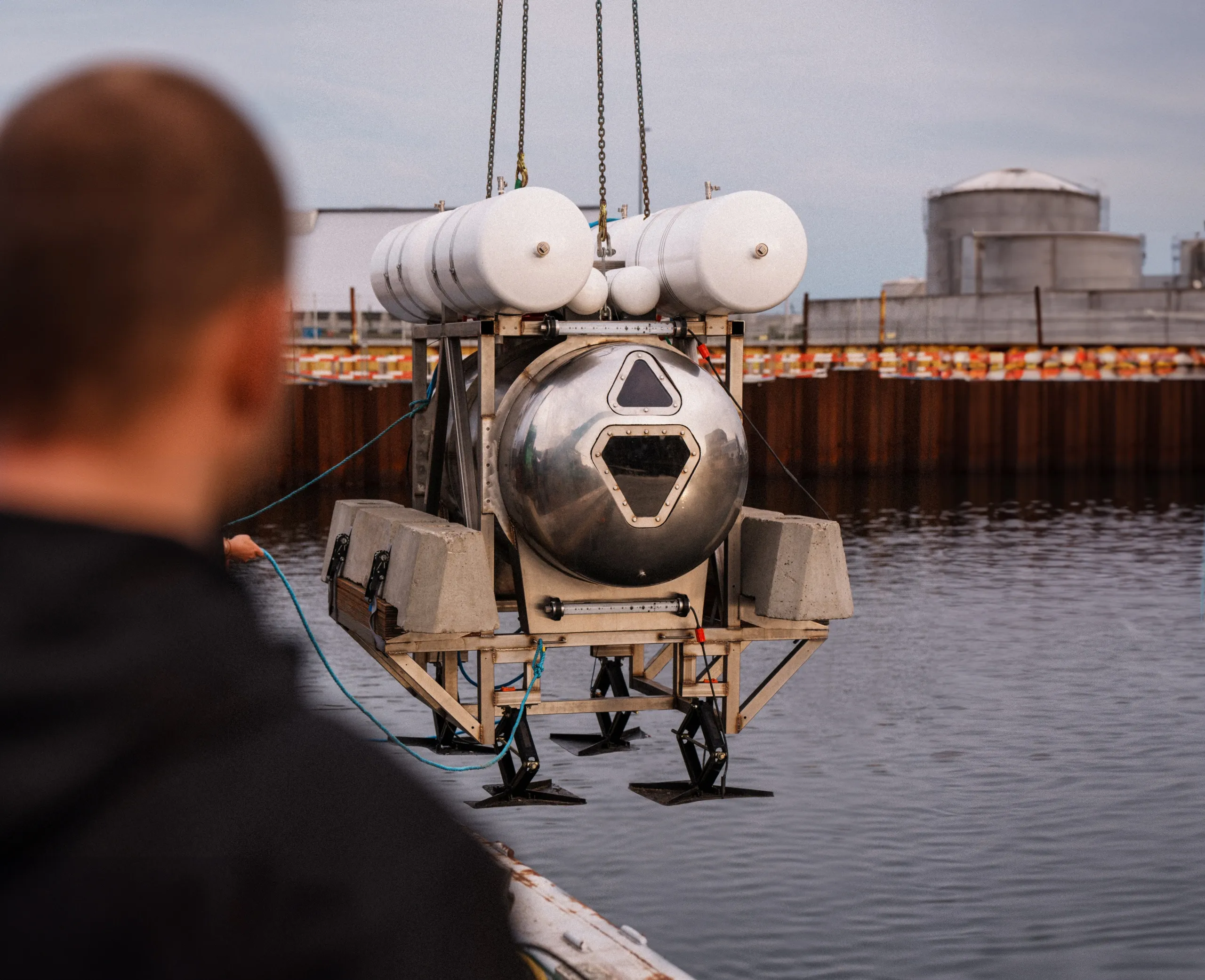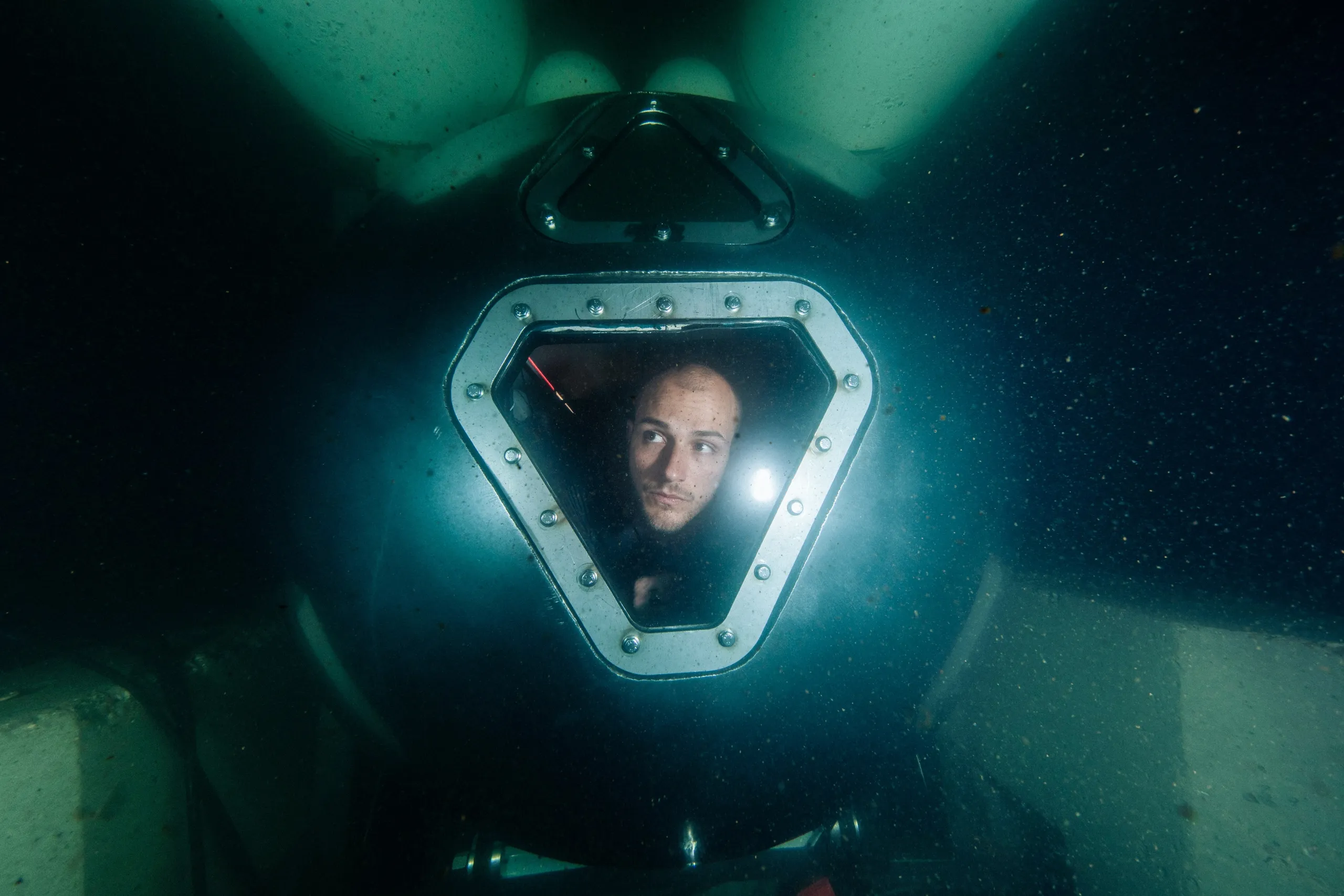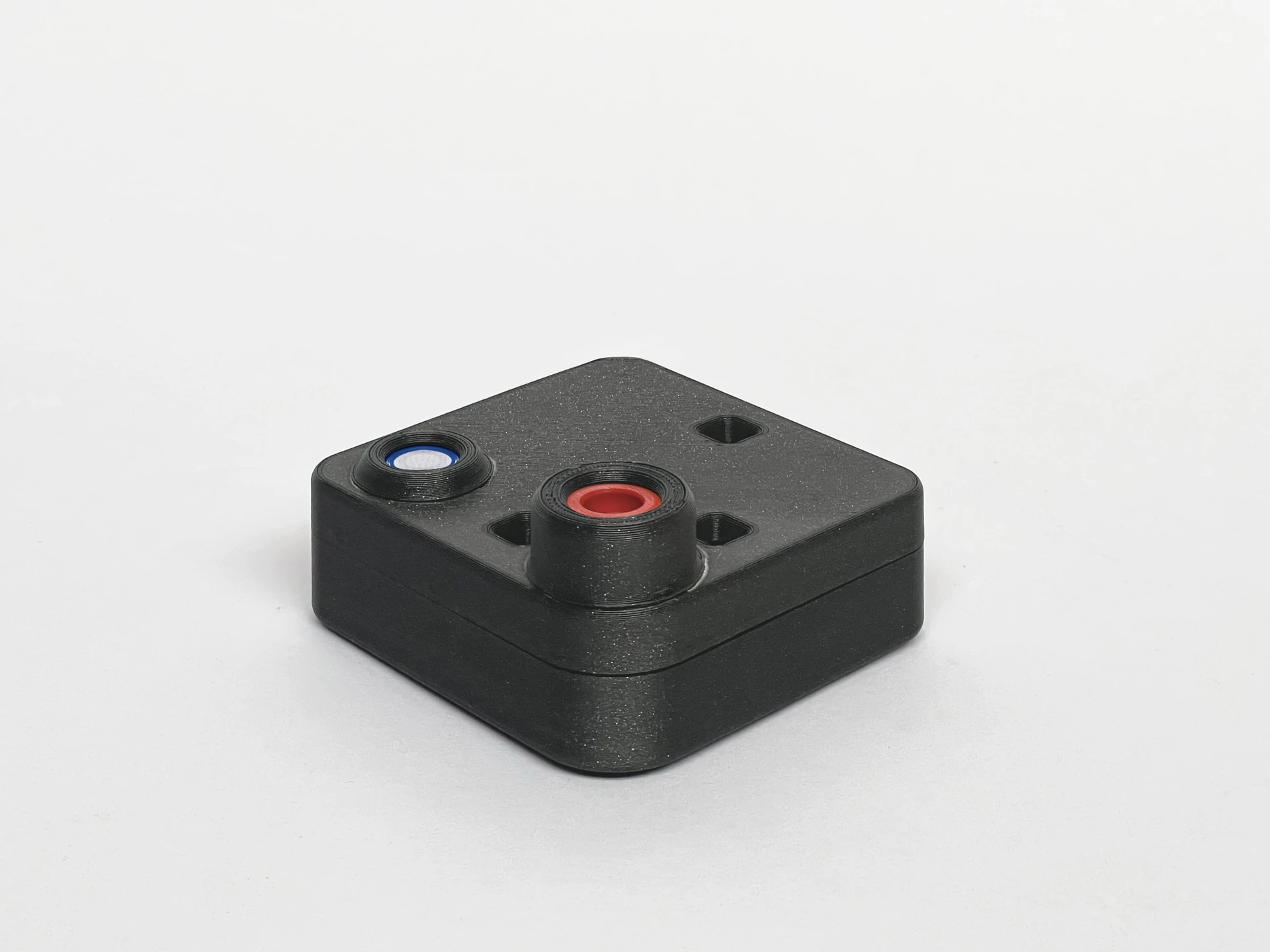
Ravens
To fully understand the environment, you must objectively measure it. Our 'Ravens' are sensor packs that employ an array of different environmental sensors to provide a simple, modular solution to understanding the environment we place them in.
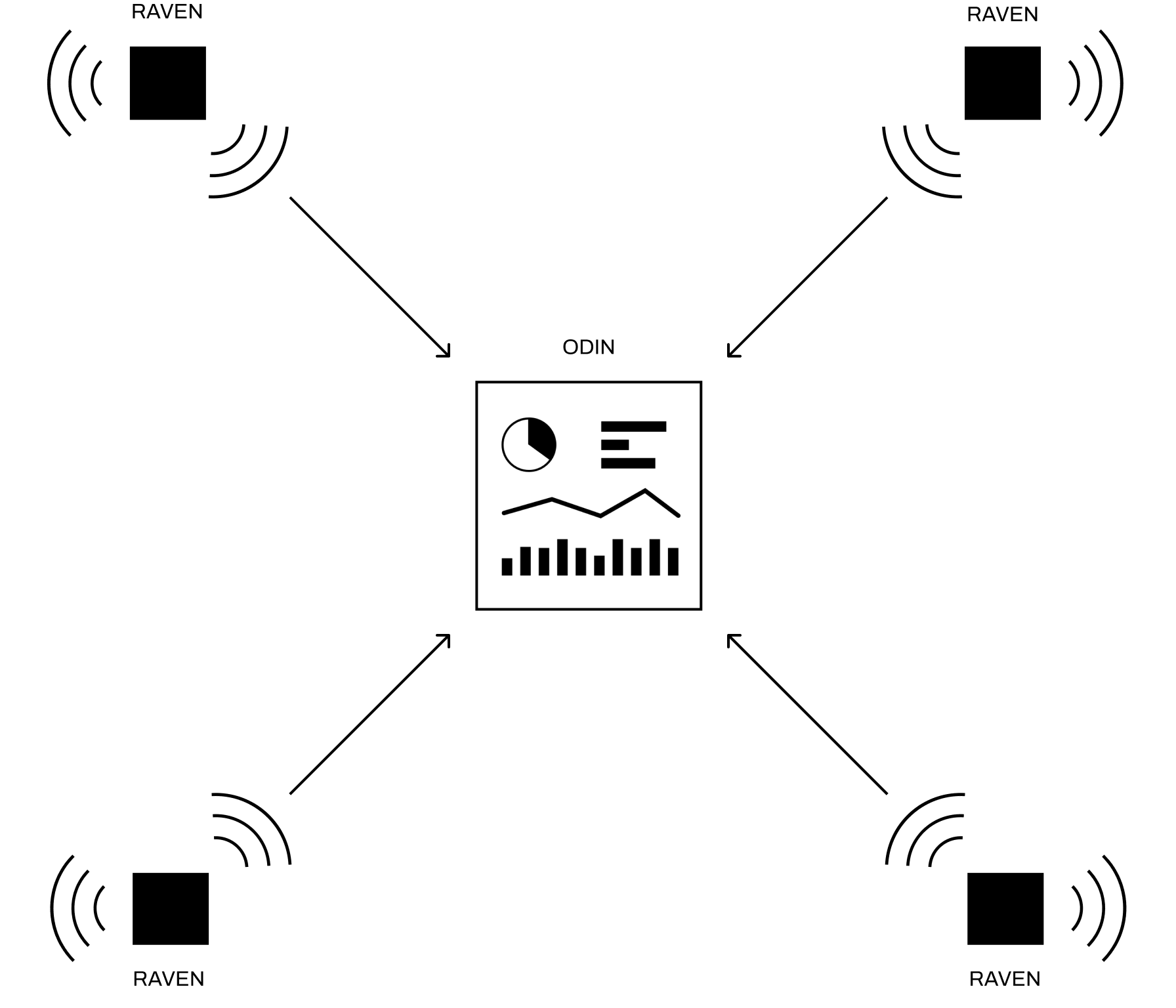
What's inside?
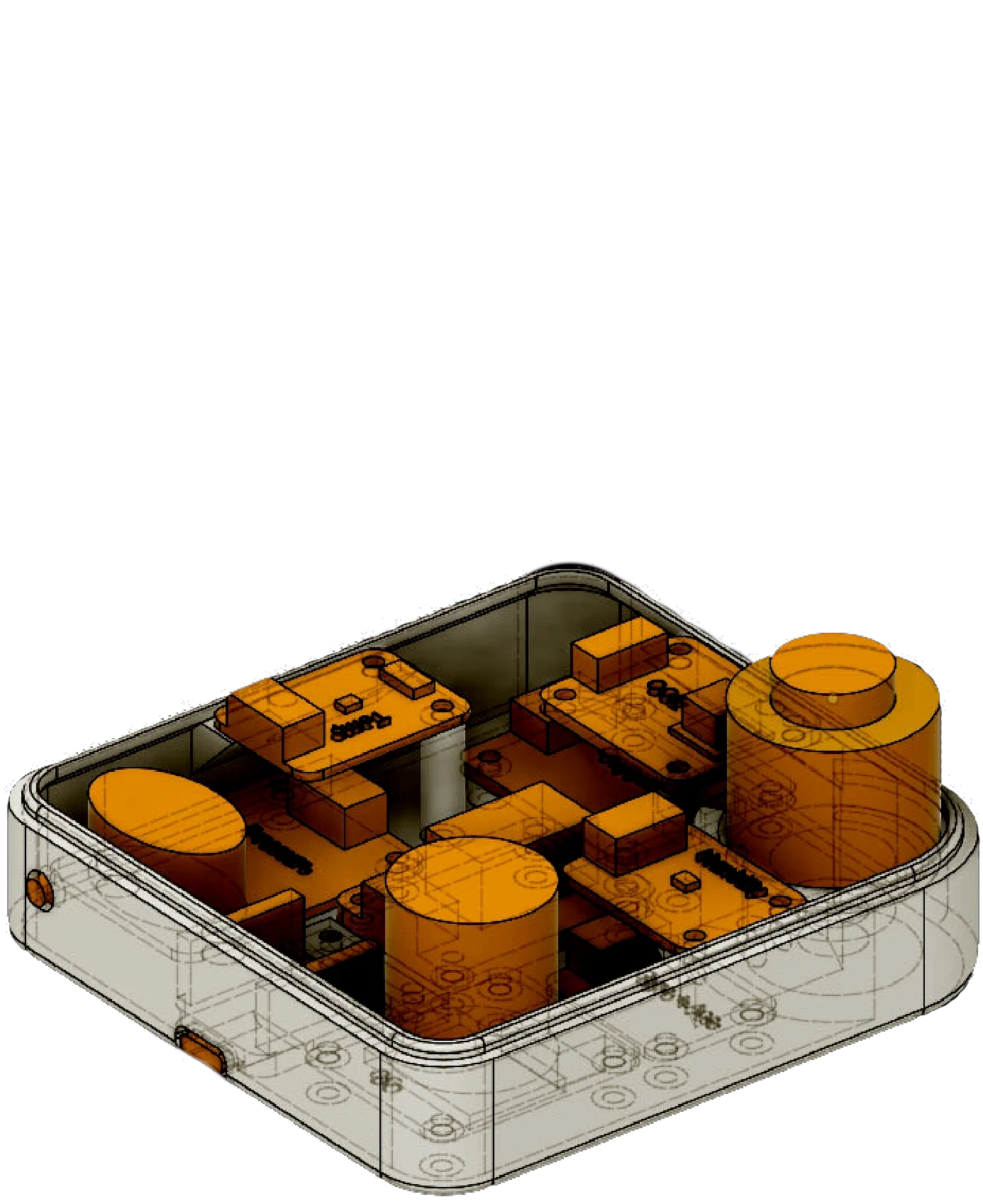
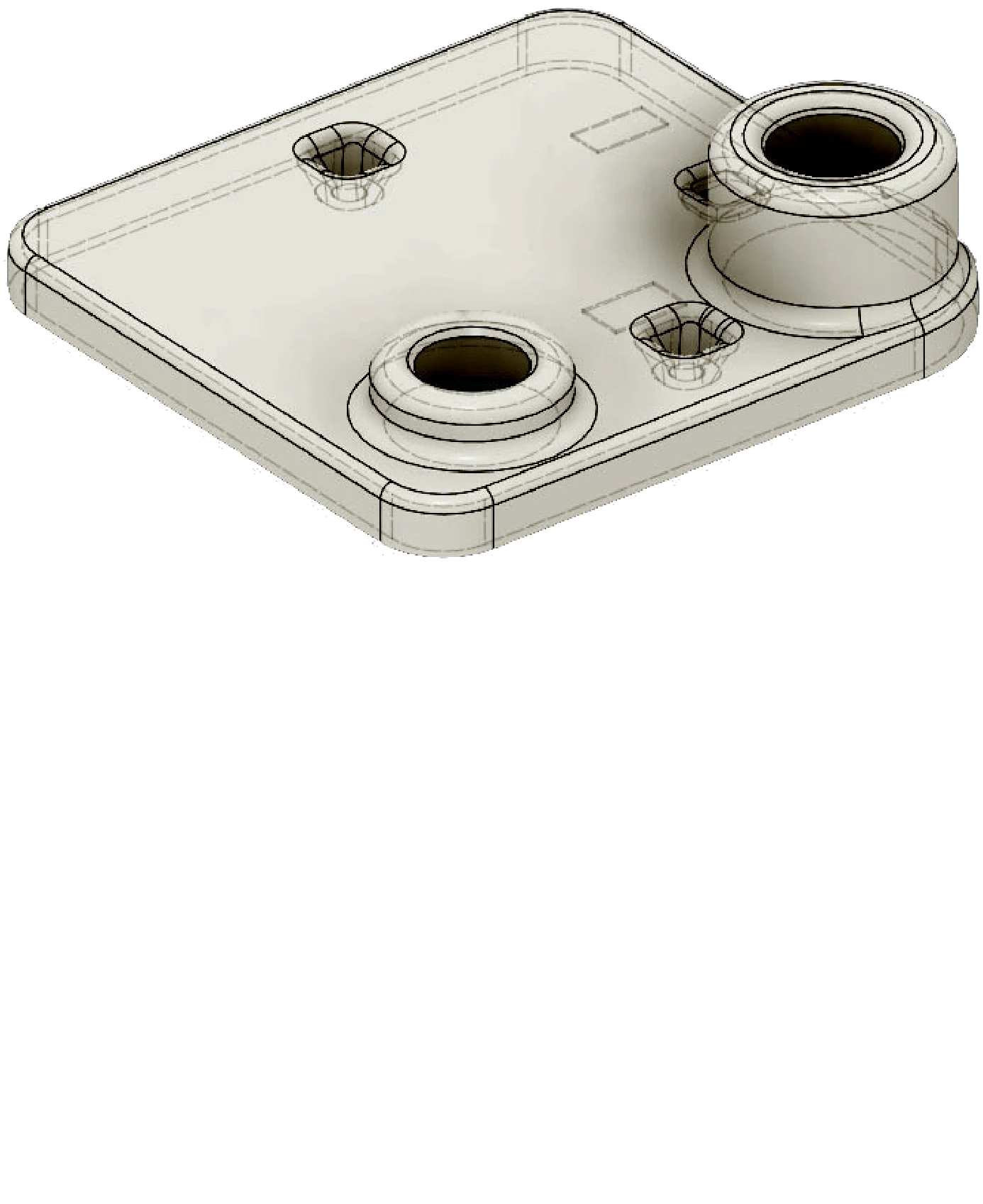
What can Ravens sense?
Acceleration
The raven can detect movement and vibration via the accelerometer. This can be used to detect movements or vibrations in the habitat.
Air Quality
The Raven's air quality sensor, measuring total volatile organic compounds (tVOC), helps monitor the concentration of harmful gases and organic substances. This is vital for maintaining a safe and healthy atmosphere inside the habitat.
Air Pressure
With its air pressure sensor, the Raven tracks atmospheric pressure changes. This data is crucial for environmental control and maintaining the structural integrity of the habitat.
Carbon Dioxide
The CO2 sensor in the Raven ensures the monitoring of carbon dioxide levels. Maintaining optimal CO2 levels is essential for the well-being and cognitive function of inhabitants.
Carbon Monoxide
The Raven's CO sensor is critical for detecting carbon monoxide, a potentially lethal, odorless gas. Early detection can prevent health hazards and ensure air quality.
Oxygen
Oxygen levels are continuously monitored by the Raven. This is key for life support, ensuring a breathable environment at all times.
Temperature
The Raven's temperature sensor plays a crucial role in maintaining a stable climate within the habitat. Proper temperature control is essential for comfort and avoiding extreme conditions.
Humidity
The humidity sensor in the Raven ensures optimal moisture levels are maintained. This helps in preventing issues such as dry air or excess humidity, which can impact health and equipment functionality.
Raven Etymology
In Norse mythology, Ravens are often associated with the god Odin, who had two ravens named Huginn and Muninn representing thought and memory, respectively. They would fly across the world each day, gathering information and reporting back to Odin. This mythological backdrop is fitting for the Raven sensor suite. Like their namesakes, SAGA's Ravens are the habitat's perceptive eyes, tasked with collecting crucial data from the environment. Just as Huginn and Muninn brought insights to Odin, the Ravens bring real-time environmental intelligence to the operators, enabling informed decisions and maintaining the safety and integrity of habitats, whether on land, beneath the seas, or in simulated extraterrestrial settings. It also lines up great with the Huginn mission of Andreas Mogensen.
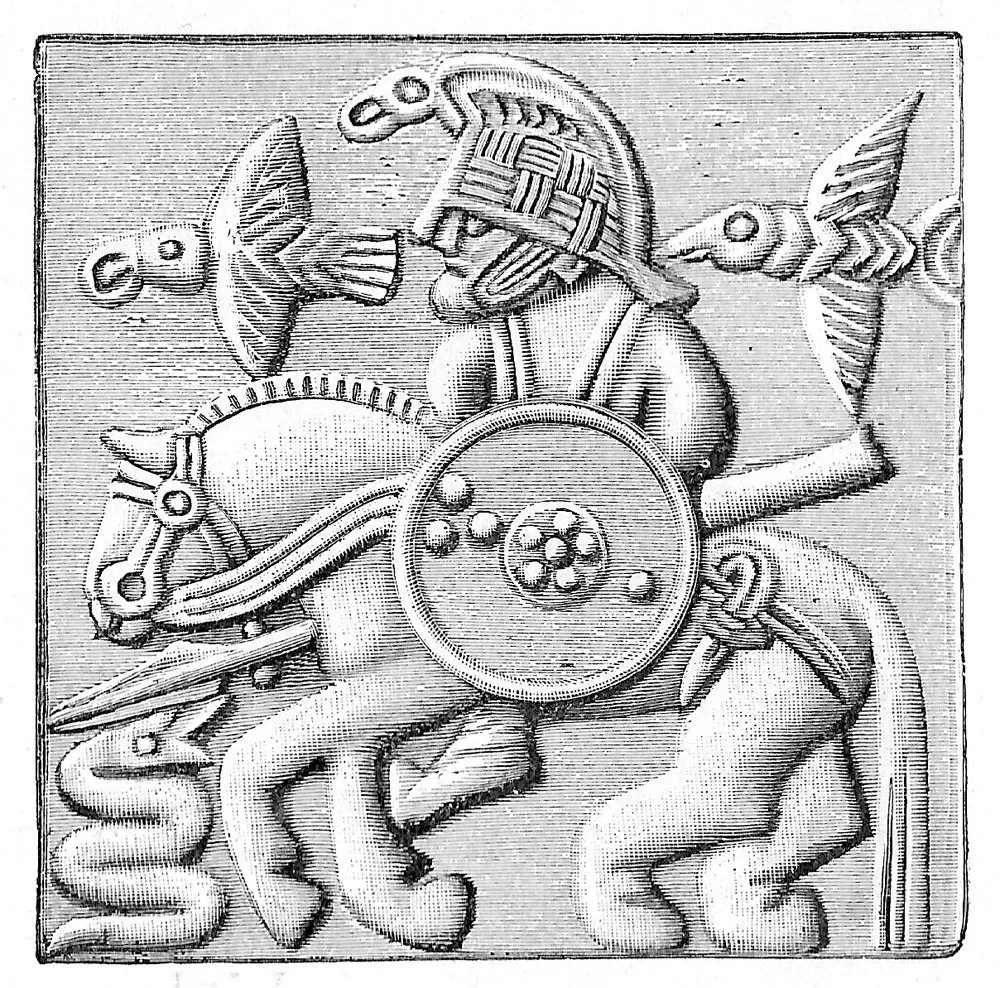
Ravens are critical to well-being
The raven sensor packs report in real-time to ODIN, which is the habitat's central nervous system. This enables the habitat to be responsive to its inhabitants' needs, ensuring a safe and comfortable environment at all times.
RAVENS KEPT US SAFE IN THE
LUNARK SPACE HABITAT MISSION

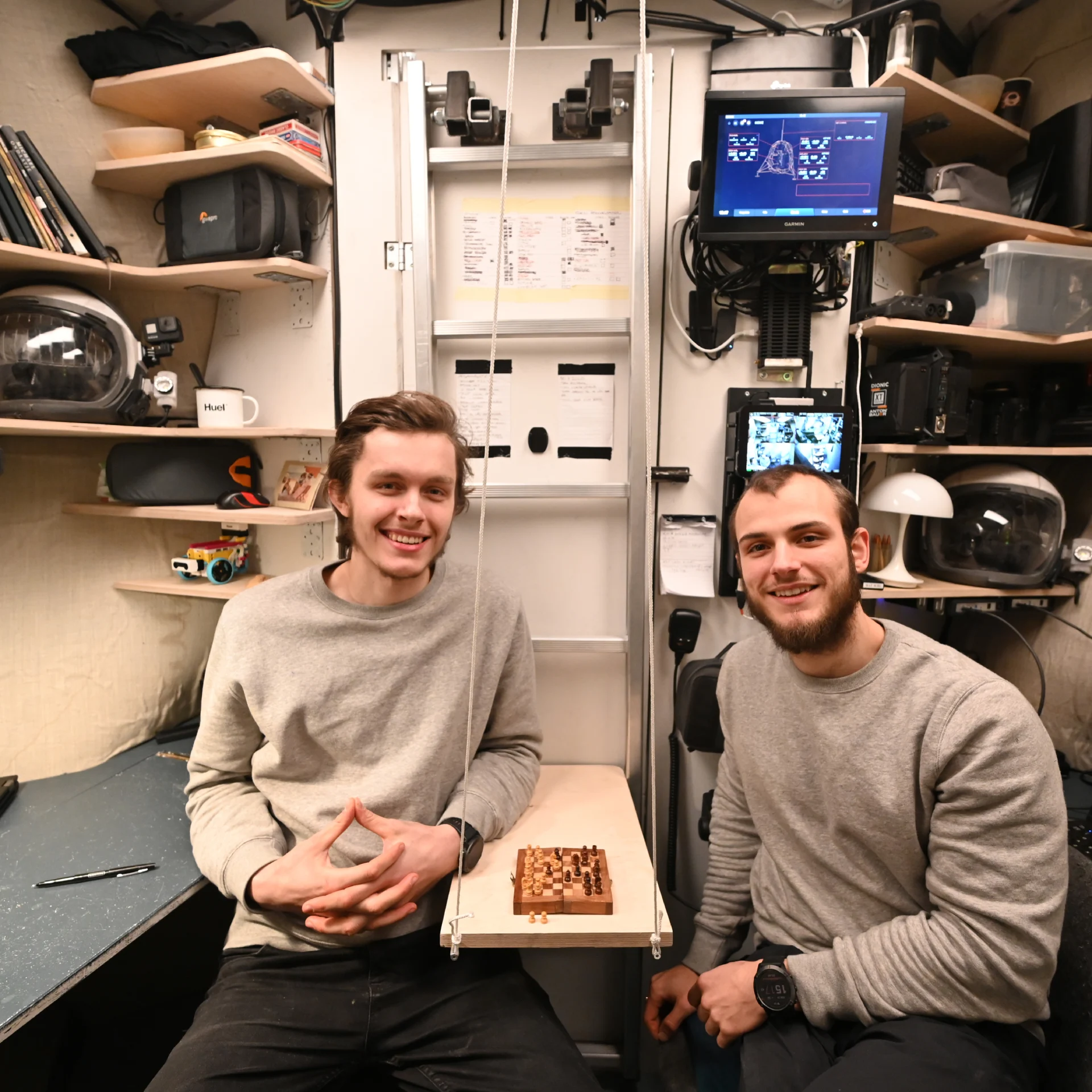
RAVENS KEPT US SAFE IN THE
UHAB MISSION
